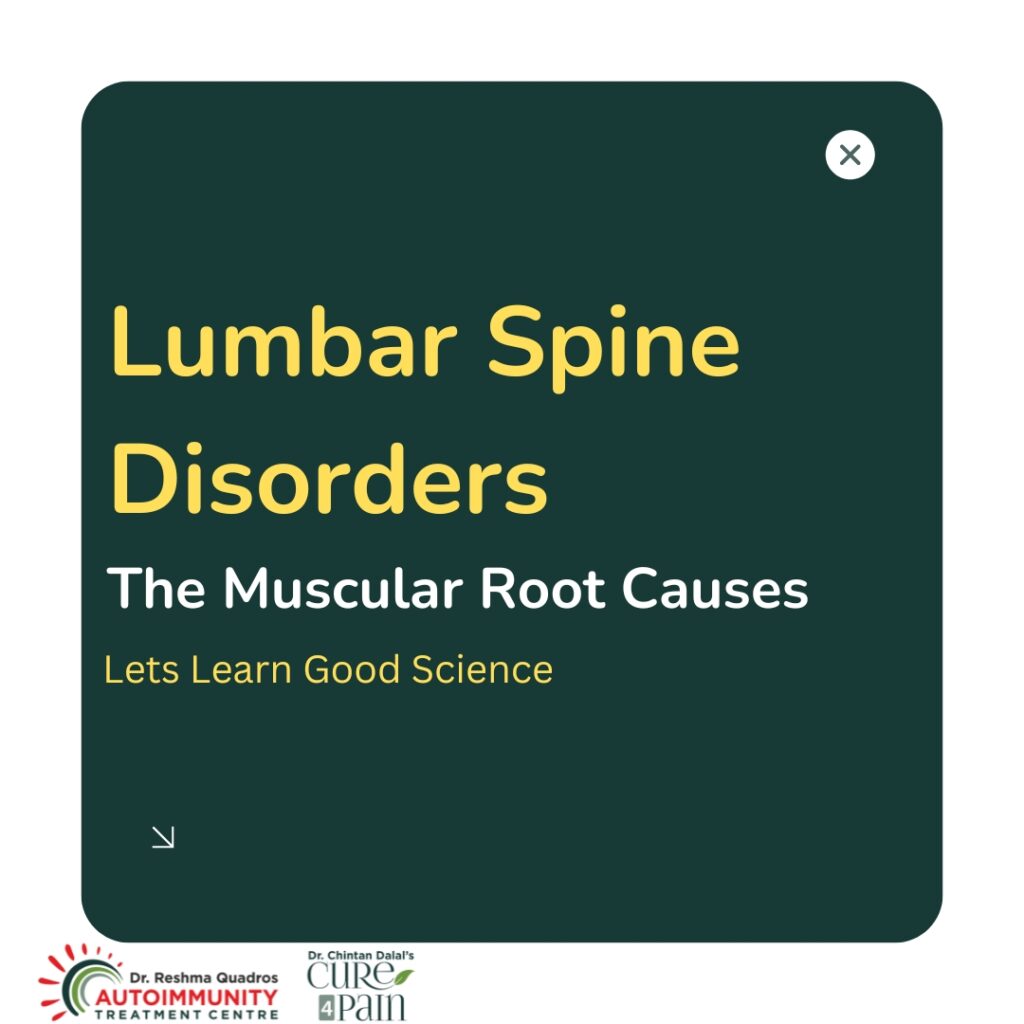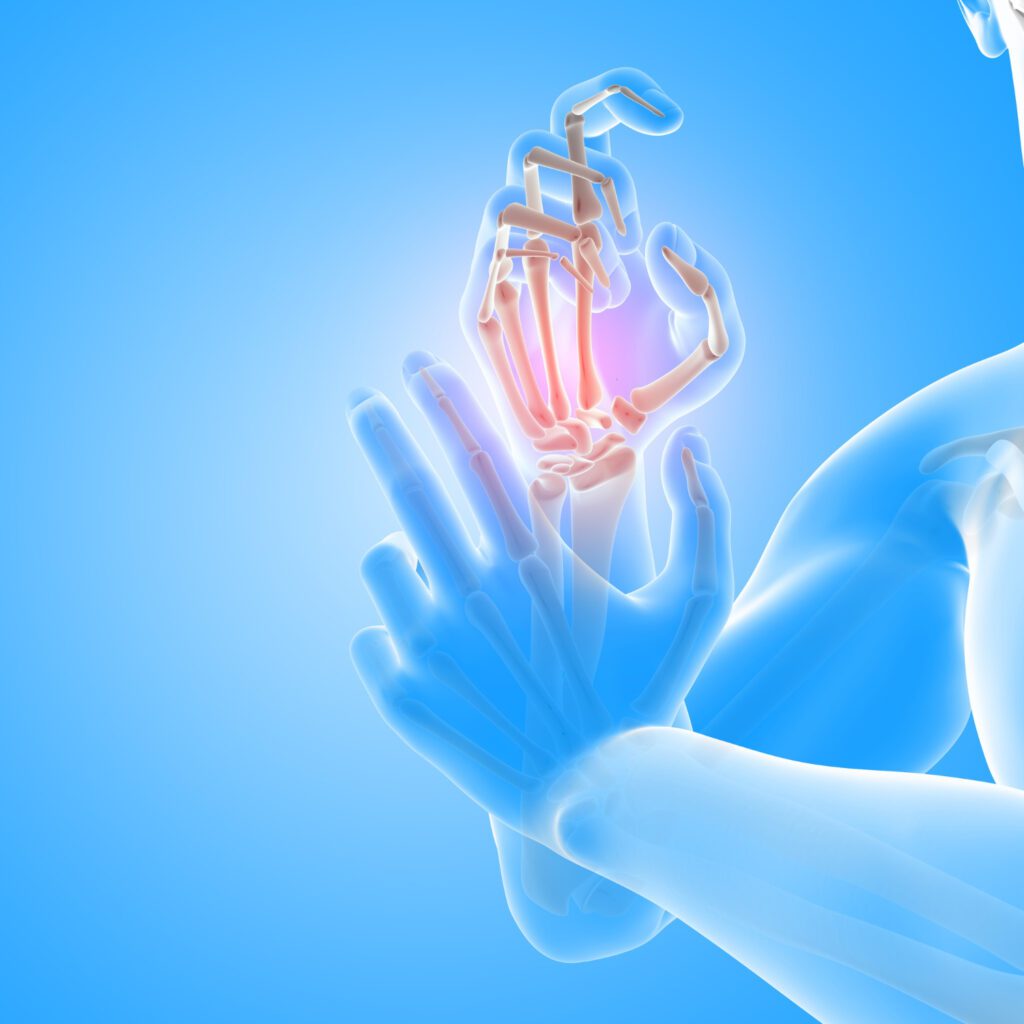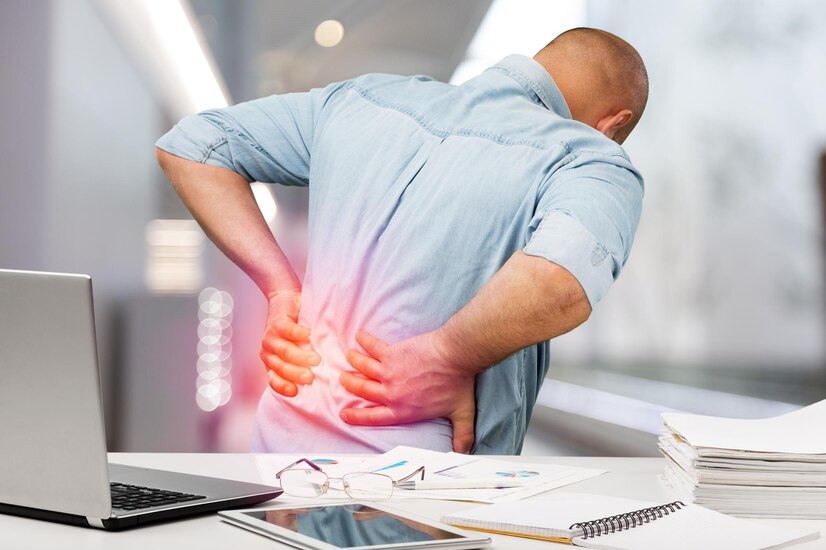Lower back pain, pinched nerves, and disc herniation are common yet complex issues that affect millions of people. While many focus solely on pain relief, it’s important to understand that these problems often originate from deeper muscular imbalances and deficiencies. By looking at the root causes through an Orthomolecular medicine lens, we can address the underlying issues and provide more sustainable treatment options.
The Role of Muscles in Lower Back Pain
The muscles surrounding the spine are crucial for its support and stability. When they function correctly, they help protect the spine from injury. However, if there is an imbalance in muscle function, such as weakness, tightness, or spasms, this can lead to significant pain and discomfort.
Nutritional deficiencies are a major contributing factor to these imbalances. For example:
- Magnesium: This vital mineral helps muscles relax. A deficiency can lead to increased muscle tension, cramping, and spasms, which can, in turn, put more pressure on the spine and nerves.
- Potassium: Essential for proper muscle function, low levels of potassium can cause muscle weakness and fatigue, making the muscles around the spine less effective at providing support.
- B Vitamins: These are critical for nerve health and muscle function. A deficiency can lead to nerve irritation, contributing to conditions like pinched nerves.
Nutritional Deficiencies and Inflammation
Inflammation plays a significant role in worsening conditions like disc herniation and pinched nerves. When inflammation occurs around the spinal discs and nerves, it can increase pain and slow down the healing process. Key nutrients that help manage inflammation include:
- Omega-3 Fatty Acids: These have powerful anti-inflammatory properties that help reduce inflammation around spinal discs and nerves.
- Antioxidants (Vitamins C and E): Antioxidants help combat oxidative stress, which occurs when there’s an imbalance between free radicals and the body’s ability to neutralize them. Oxidative stress can accelerate the degeneration of spinal discs, increasing the likelihood of herniation.
The Link Between Oxidative Stress and Disc Herniation
Oxidative stress not only damages muscles and tissues but also contributes to the degeneration of spinal discs. When the body’s antioxidant defenses are overwhelmed, the spinal discs may become more vulnerable to wear and tear, eventually leading to disc herniation. By addressing oxidative stress and boosting the body’s natural defenses with proper nutrition, we can help protect the discs and reduce the risk of future herniations.
A Holistic Approach to Healing
Orthomolecular medicine, with its focus on rebalancing the body’s chemistry through targeted nutrition, offers a pathway to not just managing lower back pain but addressing the root causes. By replenishing essential nutrients like magnesium, potassium, omega-3s, and antioxidants, you can restore muscle function, reduce inflammation, and promote healing from within.
At the Cure4Pain Clinic in Mumbai, a holistic and integrative approach is used to tackle conditions like lower back pain, sciatica, and disc bulges. If you’re searching for a sciatica specialist doctor near me in Mumbai, the expert team at Cure4Pain can guide you through a tailored treatment plan aimed at both symptom relief and long-term recovery. By focusing on both the symptoms and underlying muscular and nutritional imbalances, patients can achieve a more sustainable recovery and improved quality of life.


